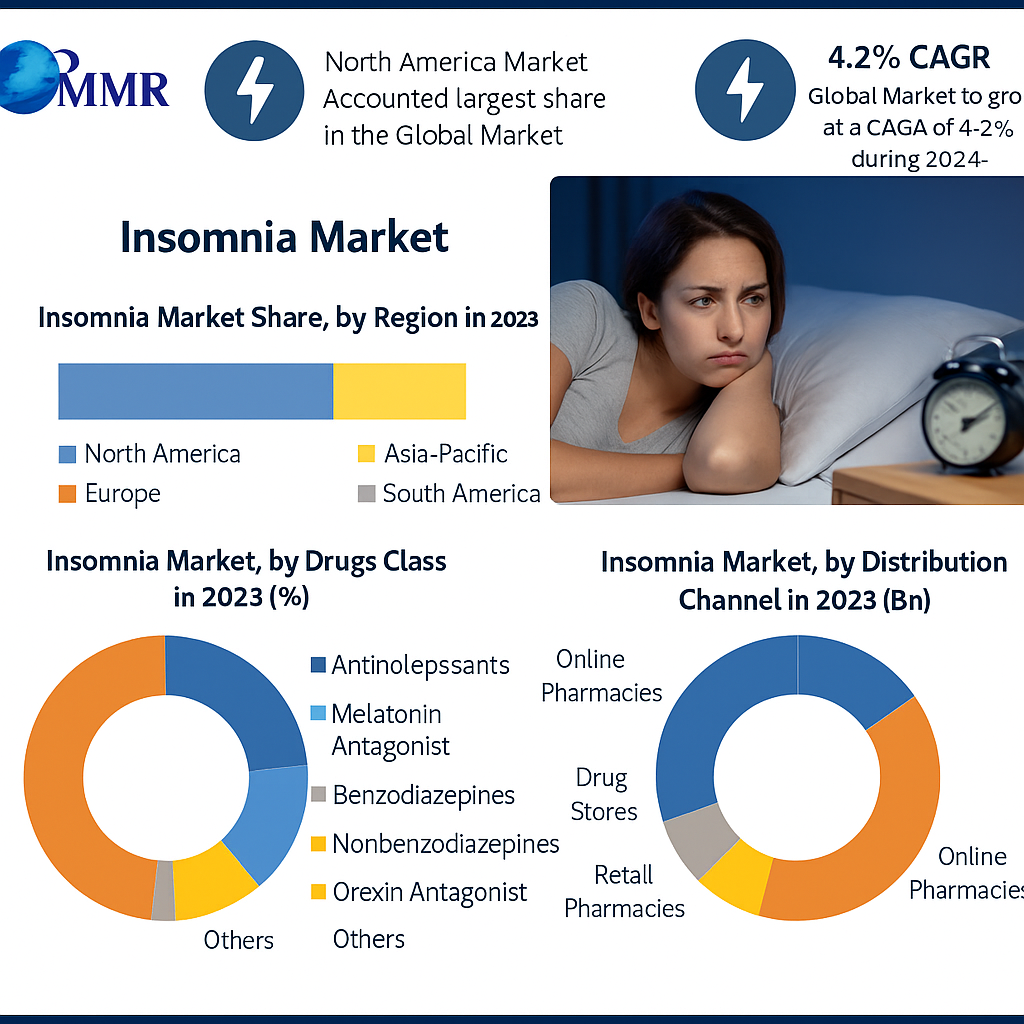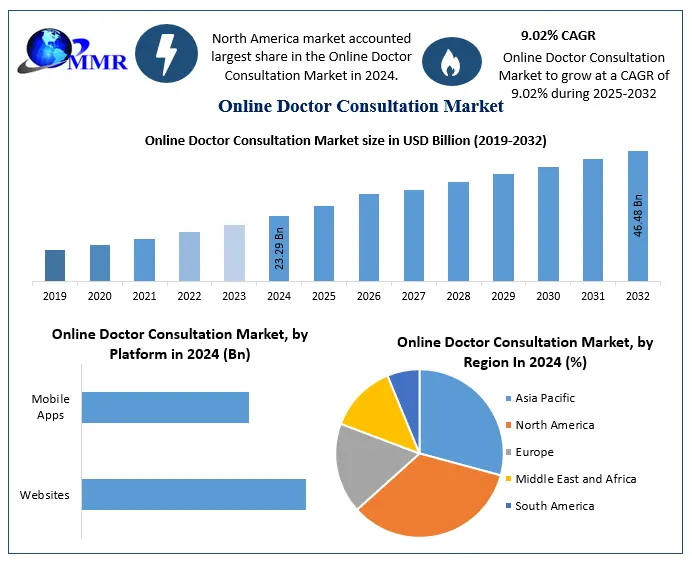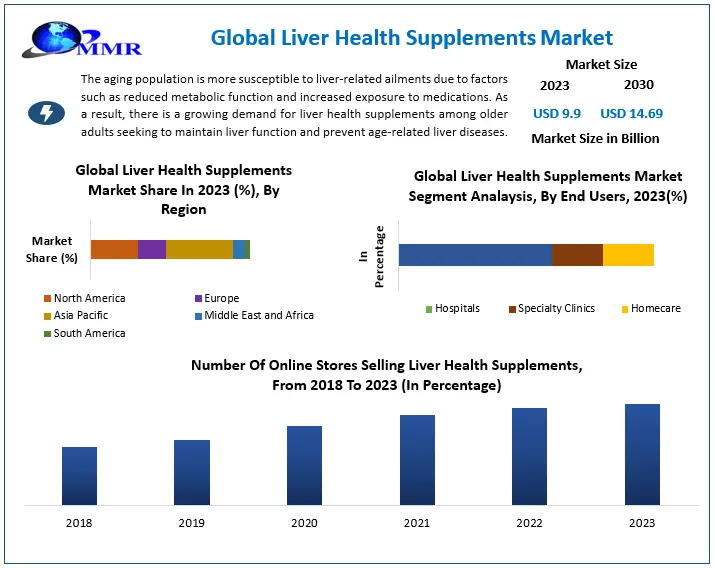The global insomnia market size is experiencing sustained growth, projected to increase from USD 5.23 billion in 2023 to USD 6.97 billion by 2030, at a CAGR of 4.2%. This growth is fueled by the rising prevalence of sleep disorders, innovations in both pharmacological and non-pharmacological treatments, and increasing awareness about sleep health worldwide.
Market Estimation & Definition
Insomnia is a widespread sleep disorder characterized by difficulty falling or staying asleep, often leading to fatigue, poor concentration, and mood disturbances. It may manifest as a short-term condition triggered by stress or environmental changes or develop into chronic insomnia requiring clinical intervention.
The market for insomnia treatments includes a broad spectrum of options: prescription medications, over-the-counter (OTC) drugs, behavioral therapies, and alternative treatments. The evolving nature of patient needs and medical technologies has broadened the scope of this market, driving growth across multiple regions and demographic groups.
Get Sample Copy Of This Report : https://www.maximizemarketresearch.com/request-sample/37228/
Market Growth Drivers & Opportunities
1. Rising Prevalence of Insomnia
Modern work-life stress, increased screen time, digital device usage, and shift-based work environments have led to a notable surge in sleep disorders globally. Urban lifestyles and irregular sleep routines have especially contributed to the increase in insomnia cases.
2. Expansion of Treatment Options
The market is seeing significant innovation, with new medications being developed that minimize dependency and improve long-term sleep quality. Non-drug therapies, including cognitive behavioral therapy for insomnia (CBT-I), are being increasingly adopted due to their effectiveness and lower risk profiles.
3. Technological Advancements in Sleep Aids
A wave of therapeutic devices designed to address sleep disorders is gaining traction. These include brain stimulation devices and wearable technologies that monitor sleep patterns and provide feedback for behavioral adjustment.
4. Growing Demand for Natural and Alternative Therapies
Consumer preference is shifting toward natural sleep aids, such as melatonin supplements, herbal remedies, and holistic approaches like acupuncture and yoga. These options appeal particularly to those wary of medication side effects.
5. Opportunities in Emerging Markets
In developing regions, growing healthcare awareness and increasing disposable incomes are opening new markets for insomnia treatments. Education on sleep health and mental wellness is also expanding, creating fresh opportunities for pharmaceutical and wellness companies.
Segmentation Analysis
By Treatment Type
-
Pharmacological Treatment
-
Prescription Sleep Aids: Used primarily for chronic or severe cases, including benzodiazepines, antidepressants, and novel compounds like orexin antagonists.
-
Over-the-Counter Sleep Aids: Popular for their convenience and affordability, these include antihistamines and melatonin-based supplements.
-
-
Non-Pharmacological Treatment
-
Cognitive Behavioral Therapy for Insomnia (CBT-I): Recognized as a first-line treatment, CBT-I addresses behavioral patterns and thought processes disrupting sleep.
-
Hypnotherapy: Facilitates deep relaxation and aids in reducing anxiety-induced insomnia.
-
Other Therapies: Includes mindfulness, light therapy, biofeedback, and lifestyle coaching.
-
By Drug Class
-
Antidepressants
-
Melatonin Antagonists
-
Benzodiazepines
-
Nonbenzodiazepines
-
Orexin Antagonists
-
Others
By Distribution Channel
-
Hospital Pharmacies
-
Retail Pharmacies
-
Drug Stores
-
Online Pharmacies
Country-Level Analysis
United States
The U.S. remains the most dominant market, supported by a high incidence of insomnia and well-established healthcare infrastructure. Growing public awareness and the proliferation of direct-to-consumer sleep aids have bolstered market expansion. Digital health solutions, including teletherapy and mobile sleep apps, are also witnessing rapid adoption.
Germany
Germany is a leading market in Europe, with a strong focus on both conventional and holistic treatment methods. The healthcare system actively supports mental health initiatives, and insurance coverage for CBT and alternative therapies is growing. A cultural openness to integrative medicine also encourages the use of non-pharmaceutical approaches.
Competitor Analysis
The global insomnia market features a mix of established pharmaceutical companies, startups, and wellness brands. Competition is intensifying as players diversify their offerings and invest in research to bring new solutions to market.
-
Large Pharmaceutical Manufacturers: These firms dominate the prescription and OTC segments, focusing on extending product lines and patent portfolios. They are also investing in next-generation treatments, such as dual orexin receptor antagonists.
-
Tech-Driven Sleep Solution Providers: Startups and med-tech companies are entering the market with devices and apps designed to enhance sleep quality through behavioral insights, biofeedback, and environmental monitoring.
-
Wellness and Natural Health Brands: Companies offering melatonin, valerian root, chamomile, and other natural ingredients are rapidly expanding their footprint in retail and online markets.
-
Digital Therapy Platforms: A growing number of platforms are now offering CBT-I and guided sleep programs via mobile apps, catering to the demand for accessible, personalized treatment.
To maintain competitive advantage, many players are forming strategic alliances with telehealth providers, conducting sleep studies, and engaging in marketing campaigns focused on destigmatizing sleep disorders.
The global insomnia market is entering a pivotal phase of development. With millions affected by sleep disorders and an increasing recognition of the importance of mental and physical wellness, the market is expected to continue expanding steadily.
Innovative treatments—ranging from advanced pharmacology to cognitive therapy and digital tools—are driving transformation in how insomnia is managed. Key success factors for stakeholders include improving patient access, enhancing treatment outcomes, and addressing diverse consumer preferences.
To view Full Details: https://www.maximizemarketresearch.com/market-report/insomnia-market/37228/
The future of the insomnia market lies in integrative care—blending medical, behavioral, and lifestyle interventions to support long-term, sustainable improvements in sleep health. As awareness continues to rise and technology plays a larger role, the market is well-positioned for growth and positive impact worldwide.



